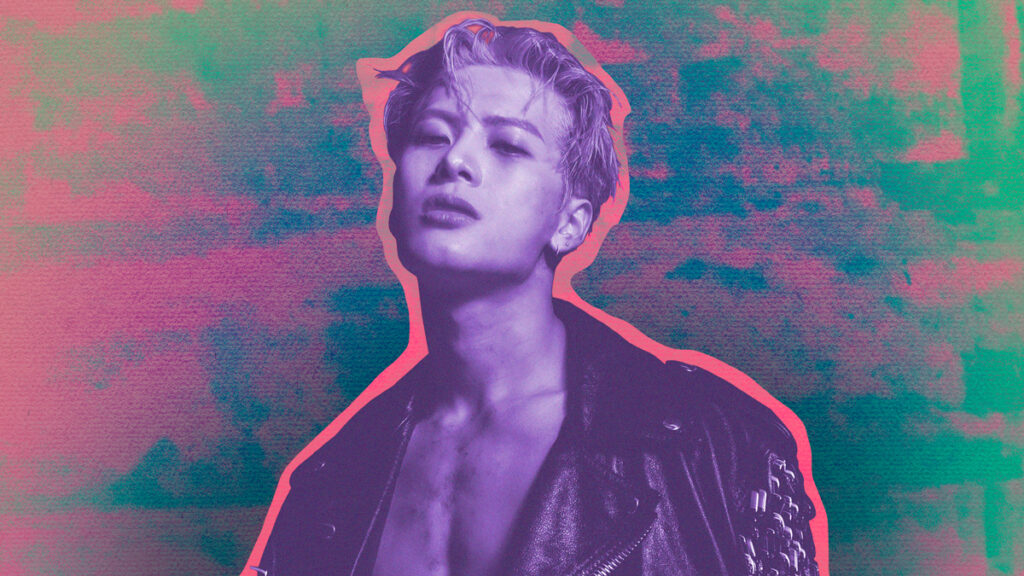Jackson Wang doesn’t get writer’s block.
From many other artists, that might be a statement that feels hard to relate to. From multi-hyphenate Wang — who speaks four languages fluently, storyboards his own music videos, writes and produces much of his own music, runs a fashion brand, and competed as a nationally ranked fencer prior to diving headfirst into the music world — it’s entirely believable.
Wang hails from China (“This is Jackson Wang from China” is common refrain for the artist), and moved to Seoul as a teenager to train with JYP Entertainment, one of the “big three” labels in K-pop. He then debuted in GOT7, a still-active seven-member group that now operates independently from JYP.
Within the world of K-pop, Wang has a reputation, especially in the United States, as being something of a great equalizer. Across fandoms and entry points to the subgenre, he seems to be something just about everyone can agree on.
Upon hearing this assessment during a conversation with Consequence, he’s pleasantly baffled, insisting that he’s never heard anything of the sort. “Thank you to everyone, if that’s real,” he says. “I want people to take care of themselves and be someone they’re proud of in their industry. For me, if you’re having a bad day and through my work you can be entertained and smile, I’ll be happy. I hope that people, whether they’re my fans or not my fans, take that and go fly.”
The day we are speaking, Wang is in recovery mode. He’s just performed at 88rising’s Head In the Clouds Festival, which was followed by an afterparty he describes as an event populated by everyone he’s ever met. (“I feel like if my parents were there, it would’ve been my whole world,” he says.) Even so, a day of physical rest still included writing a treatment for his next music video for Magic Man, his sophomore solo album, which has arrived as of Friday, September 9th.
Wang’s more hip-hop heavy 2019 solo release, Mirrors, felt like a natural progression from his roots in GOT7; with Magic Man, he strikes as an artist spreading his wings. This album is wonderfully dramatic and indulgent, with more rock-tinged tracks providing a perfect vehicle for his raspy vocals. Songs like “Champagne Cool” and “Come Alive” feel akin to the modern, Harry Styles-type interpretation of what a rock star can be. There are also poppier moments alongside more vulnerable tracks — closer “Blue,” a song he describes as a song he cried over many times, takes him back to the day he left China to become a trainee in Seoul.

